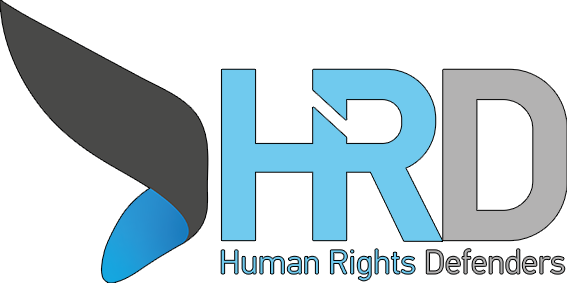Transnational repression refers to actions by a state that reach beyond its borders to silence, intimidate, or control its citizens or residents abroad. In the context of the European Union this issue touches directly on the core of the EU’s Fundamental Rights framework. It challenges the principles of human dignity, freedom of expression, privacy, asylum, and the rule of law that the EU Charter of Fundamental Rights protects.
From the EU Fundamental Rights perspective the starting point is Article 1 on human dignity and Article 2 on the right to life. These form the moral and legal basis for all other protections. When a third country’s agents threaten, surveil, or harm individuals on EU soil the attack is not only against the victim but also against the legal order of the Union itself.
Freedom of expression and association are protected by Articles 11 and 12 of the Charter. When foreign governments target exiles, journalists, or activists who criticize them abroad, they violate these freedoms. This can take many forms such as online harassment, coercion through family members at home, misuse of Interpol notices, or pressure on diaspora communities. Each of these practices chills free expression and undermines civic space, both of which are key themes of the EU Charter.
Right to privacy and data protection under Articles 7 and 8 are also at stake. Transnational repression often involves digital surveillance, spyware, or monitoring of social media networks. The EU’s General Data Protection Regulation (GDPR) forbids unauthorized collection or transfer of personal data, and such practices can trigger both national criminal liability and EU-level diplomatic responses. The Pegasus spyware investigations revealed that the boundaries between national security and rights protection are fragile, and the European Parliament called for stronger safeguards to prevent misuse.
Article 18 guarantees the right to asylum. Many victims of transnational repression are political exiles, human rights defenders, or journalists who have sought protection in EU member states. If a member state fails to shield them from intimidation or extradition pressures it risks violating the principle of non-refoulement in Article 19, which forbids sending individuals back to countries where they face persecution or torture. The Court of Justice of the EU has repeatedly ruled that political motives behind extradition requests must be closely examined and that human rights considerations override bilateral treaties.
The EU Directive on the Protection of Victims of Crime and the EU Strategy on the Security Union both recognize cross-border threats against individuals within EU territory. However, explicit references to transnational repression remain limited. The European Parliament’s 2022 resolution on transnational repression urged the Commission and Member States to establish monitoring mechanisms, deny the misuse of security cooperation tools, and strengthen the protection of exiled activists. These calls align with the EU Global Human Rights Sanctions Regime, which allows the Union to impose targeted sanctions on perpetrators of serious human rights abuses, including those responsible for acts of transnational repression.
At the institutional level, the Fundamental Rights Agency (FRA) and the European External Action Service (EEAS) play complementary roles. The FRA documents threats to civil society and civic space within the EU, while the EEAS integrates human rights conditionality into foreign policy. The principle is simple: no foreign power may extend its repression into European civic space without facing legal and diplomatic consequences.
From the broader perspective of the EU Charter, transnational repression is not merely a foreign affairs problem but a test of the Union’s internal coherence. The Charter binds Member States whenever they act within EU law, and their duty of care extends to protecting anyone under their jurisdiction from threats by foreign actors. Failure to respond effectively risks normalizing fear and undermining public trust in the EU as a space of freedom and justice.
In summary, the EU Fundamental Rights perspective treats transnational repression as an assault on three fronts: on individual rights, on the autonomy of civil society, and on the sovereignty of the rule of law. Defending exiled activists, journalists, and dissidents within EU borders is not an act of charity or political symbolism. It is the direct application of the Charter’s first principle — that human dignity must be respected and protected everywhere under the jurisdiction of the Union.



No comment yet, add your voice below!